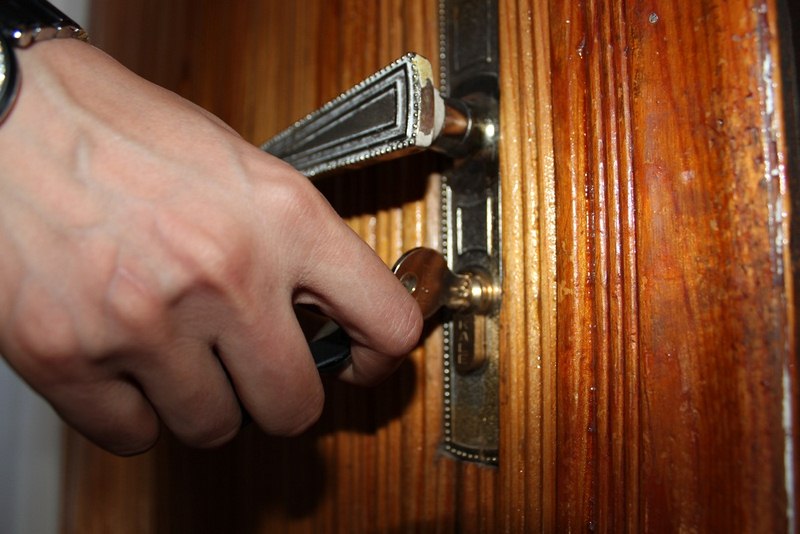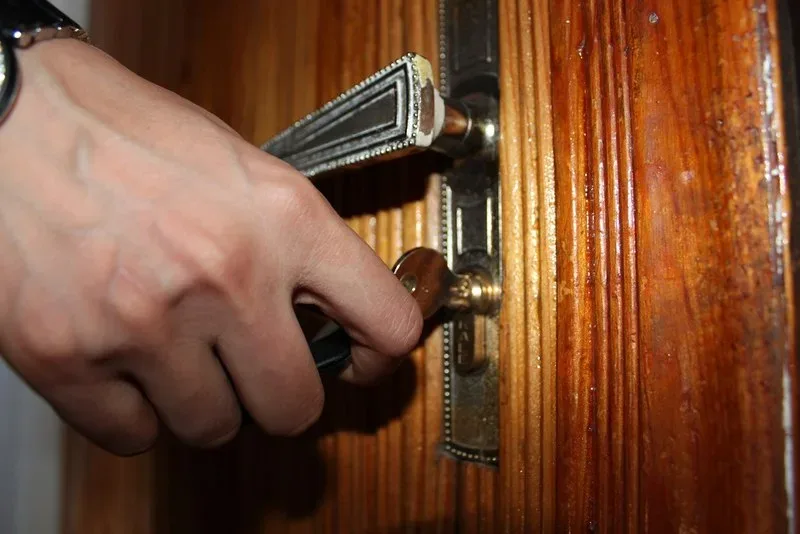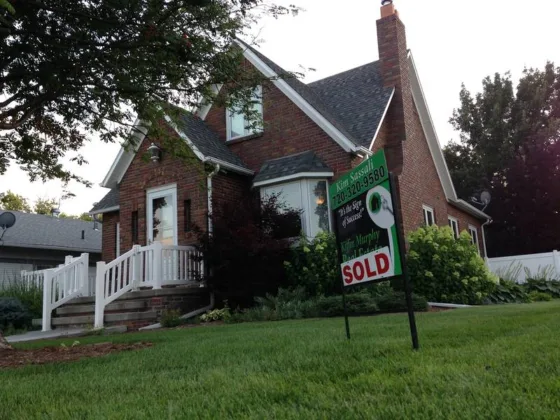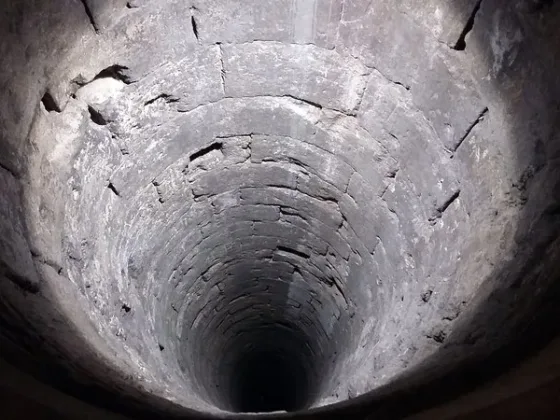Deciding to purchase a house is one of the biggest financial and emotional decisions of anyone’s lifetime.
As an eco-conscious consumer, in addition to making a sound fiscal choice, you’ll also want your purchase to reflect your environmental convictions.

How to Buy an Eco-Friendly House: Green Home Buyers Guide
Factors to weigh as you begin your quest include types of green features most important to you, best locations for an eco-home, green home financing and choosing a realtor who knows about the green real-estate market.
Read Also:
Building vs. Buying
Different houses are green in different ways, but they all have one thing in common. “Efficiency is key,” says Columbus, Ohio, realtor Cindy Dunigan. Not only are energy-efficient features in a home the more eco-friendly choice, but they also save money.
A new build may be more eco-friendly than an older home because it’s more likely to be outfitted with the most energy-efficient appliances, low-VOC paint, and low-flow shower heads. Also, building a home instead of buying one means that you can choose exactly which eco-friendly features to focus on.
Eco-Renovation
If a new build doesn’t appeal to you, buying a house that isn’t eco-friendly and renovating it green is also a possibility. However, “Either option is pricey,” explains Dunigan. Even though you will realize cost savings over time, you’ll pay more upfront for building or buying an eco-friendly home versus a standard one.
Buying a conventional existing house—especially if it’s a foreclosure property—will cost less initially, but you should consider the cost and potentially burdensome timeline of an eco-renovation.
Non-Green Priorities
Other priorities must be taken into consideration as well: Is residing in a good school district important to you? How about proximity to work, restaurants and recreation? What is your price range? If your dream is to own an Earthship, but you’re insistent on living close to downtown and your budget is rather limited, your dream may have to be deferred until retirement.
There is no one-size-fits-all eco-friendly home. Do some research and shop around to determine what options best suit you.
Relocation Consideration
If an extremely eco-friendly home is your top priority in searching for a house, you may want to consider moving to another region. Long, cold winters and rainy springs in the Upper Midwest don’t exactly mesh with the solar-powered homes more readily found in California and Arizona.
Dunigan has found that “interest in eco-friendly homes varies widely from region to region.” So if your search feels fruitless, consider setting your sights on an area that has more to offer, particularly somewhere in the coastal or southwestern states.
Finicky Financing
These days, it’s tough to secure financing for a home without a sizable down payment—something that many first-time home buyers lack. Unfortunately, it’s even tougher when the home you desire falls into the “unique” category, as is often the case with an eco home.
You may love its solar panels and geothermal heating and cooling system, but a lender may not be eager to loan the hefty amount required to purchase a house with limited resale potential should they have to repossess it.
“Also, banks need comparables,” says Dunigan. If the home you want to buy has so many eco upgrades that there are no similar properties, it can be difficult to obtain an accurate appraisal. Without it, a bank won’t loan as much, “so you’ll have to put a lot of money down to get that type of property,” adds Dunigan.
Finding a Green Agent
It’s great to find a good realtor who will work hard to find you the perfect home. If that person specializes in eco-friendly listings, even better. A green realtor will talk your talk, knowing exactly what you mean when you indicate you’re looking for a home with a water-catchment system and in-floor radiant heating, for example. But where can you find an environmentally savvy real-estate agent?
Dunigan suggests Realtor.com; the site’s “Find a REALTOR” search allows you to narrow your options to realtors with the professional designation of GREEN, which indicates advanced training in a green real estate.
From zeroing in on a location to choosing a knowledgeable realtor, there’s obviously a tremendous amount of thought that goes into the purchase of a home. That goes double for an eco-friendly house. But if treading lightly on the Earth is something you value, finding a home that’s green or full of green potential will certainly be worth the effort. Once the keys are in your hand, you’ll feel good knowing you made a choice that reflects your convictions and protects the planet. Good luck!










